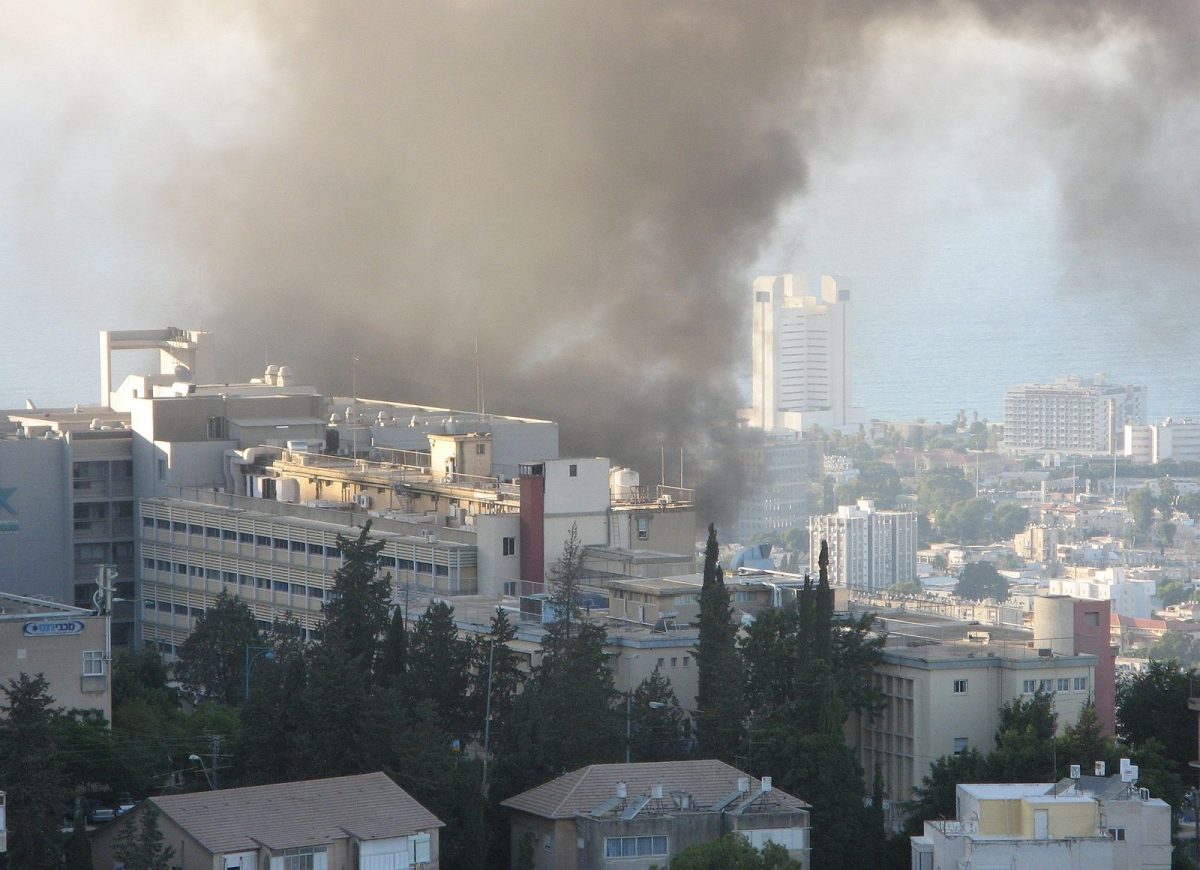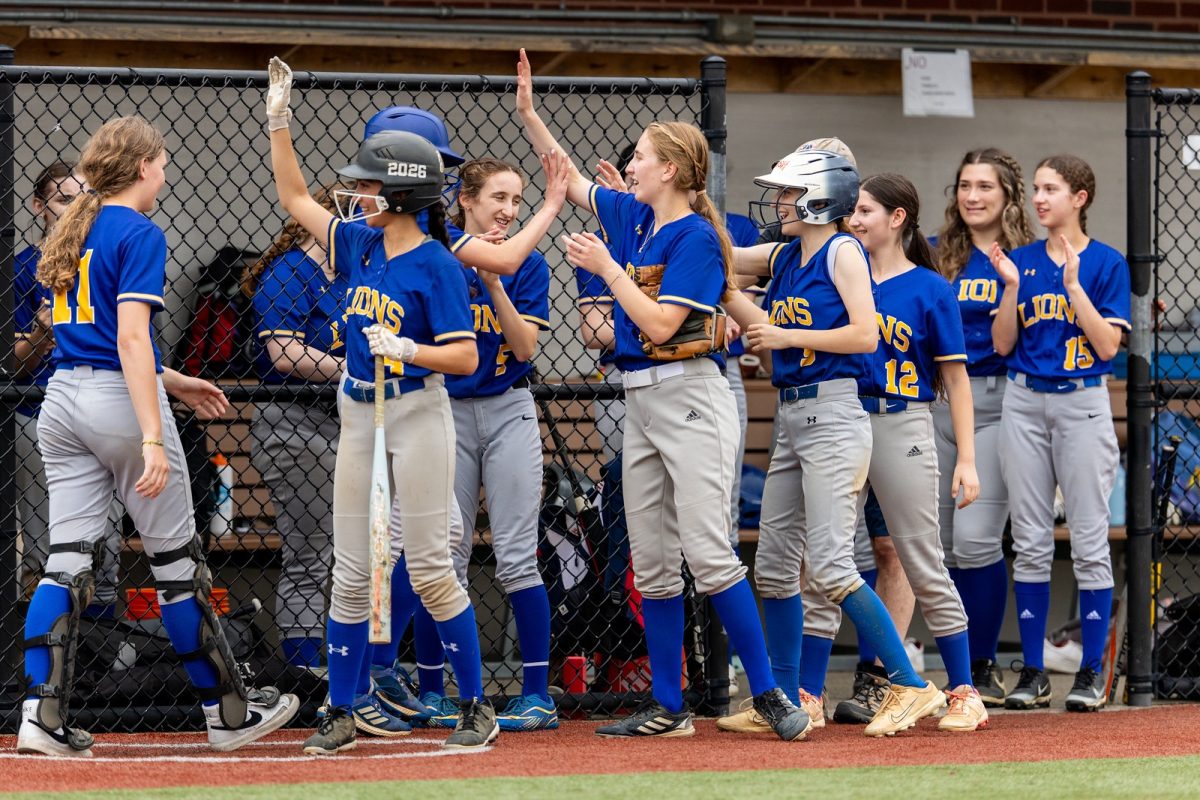Conflict between Lebanon and Israel is not new, as exploding pagers, countless fired missiles and multiple wars are a testament to their previous inability to maintain peace. However, a new ceasefire deal was signed on Nov. 27, and the two countries are working to ease tensions. After 13 months of conflict, Lebanon and Israel have agreed to an indefinite ceasefire in hopes of ending all fighting in Lebanon while protecting Israel from Hezbollah and other terrorist organizations, such as ISIS, Hamas and the Abdullah Azzam Brigades, based in Lebanon.
The ceasefire deal gives Hezbollah and Israel 60 days to evacuate southern Lebanon. According to U.S. President Joe Biden, this ceasefire is meant to be indefinite. While the deal is between the Israel and the Lebanese governments, the arrangement specifically states that the Lebanese government will “prevent Hezbollah and all other armed groups in the territory of Lebanon from carrying out any operations against Israel.” In response, Israel is not allowed to conduct any military operations against Lebanese targets.
“I think that the fact that they came to an agreement was definitely important,” senior Neely Shemony said. “But at the same time, as we’ve seen with past agreements, the terrorist groups don’t like to follow them [the agreements]. They break them. And I think it’s really hard, because Israel wants this war to end.”
The U.S. and France will help monitor the implementation of this ceasefire and have agreed to work with the international community to support Lebanon economically and militarily. The U.S. will also receive any complaints either Lebanon or Israel has with the opposing side, and will be able to assess the complaint or apparent violation.
Additionally, in line with international law, both Israel and Lebanon maintain their right of self-defense and can respond to any violations of the ceasefire. Prime Minister Benjamin Netanyahu has stated that he plans to maintain his right to defend Israel against any threat.
“If Hezbollah violates the agreement and tries to arm itself, we will attack,” Netanyahu said in a press statement. “If it tries to rebuild terrorist infrastructure near the border, we will attack. If it launches a rocket, if it digs a tunnel, if it brings in a truck carrying rockets, we will attack.”
Thousands of displaced Lebanese people have started returning to their homes in the south following the signing of the ceasefire. Many civilians returned even after both Lebanese and Israeli military officials recommended against it. Some civilians even cheered and threw rice in the air, a sign of celebration. After civilians returned to their homes, they were met by a Lebanese regiment, which was ordered to the south to help maintain peace. The Lebanese military is planning to increase its presence in the south in order to reinforce the ceasefire.
“I hope that the ceasefire will last so [displaced Lebanese civilians] can come back to their normal lives,” sophomore Noam Miller said. “And [I hope] that the war will be over, ` and there will be no more casualties from any side … I think overall it will take a couple of months, but it will quiet down eventually.”
While all previous ceasefires between Israel and Lebanon have come with breaches, if both countries maintain this agreement, Shemony believes it will be a big step in maintaining peace in the Middle East and keeping Israel safe.
“I think [the ceasefire] is a big turning point in this war,” Shemony said. “I think the intentions from Israel are very important and could play an integral role in moving forward with this war and hopefully getting the hostages back.”
**This article was last edited on Dec. 6 and may not be in accordance with current events in Israel. The Lion’s Tale encourages you to consult additional news outlets to keep yourself informed.














